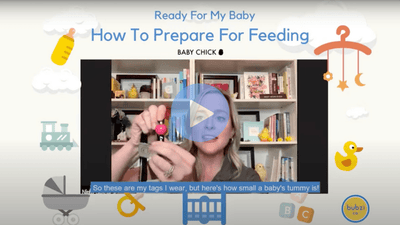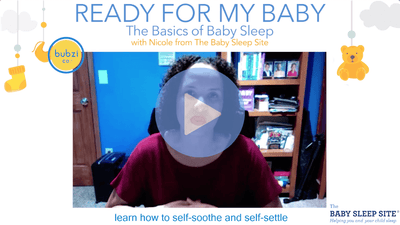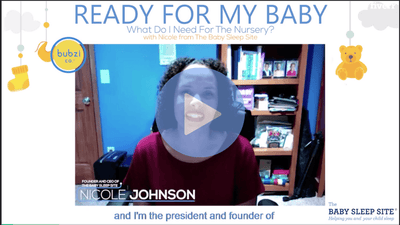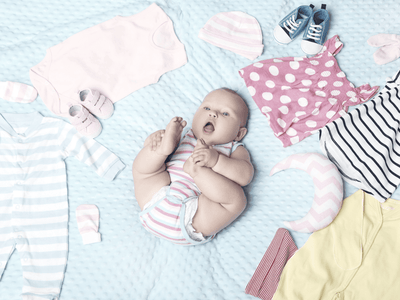It’s no secret – pregnancy and birth can take a toll on your body. But no wonder! You’ve literally had a human life growing inside of you for the past 9 months. The whole process of pregnancy and childbirth is a wonderful and amazing experience that comes with an incredible gift, but it does come with some natural (and sometimes unpleasant) changes to your body. Your body has had to accommodate growing a life inside a small space – your hips have had to widen, your muscles have stretched and your body has nourished a growing baby. Not to mention the exhausting task of childbirth! So with all of that, your body is bound to change both physically and emotionally after pregnancy. Some changes will help your body get back to its pre-pregnancy state, while others will help you to care for your new little bundle of joy. So learn to embrace your body after baby and focus on your after birth recovery by following these 7 simple self-care tips for new moms.
1. Your breasts will certainly be bigger post-baby (which isn’t necessarily a bad thing!) due to the increase in hormones needed for breastfeeding. This may lead to some discomfort as your milk production starts adjusting to your baby’s demands.
Tip for Self-Care: You may feel engorged and quite full but you will get some relief once your baby starts to feed regularly. That’s why it’s important to feed baby every 2-3 hours for the first few weeks. Use a breastfeeding cover like Bubzi Co.’s Lightweight Nursing Cover. It gives you the privacy you need when feeding baby on the go.
2. If you’ve had a vaginal delivery, you may find that your vagina is swollen, bruised and sore anywhere from a few days to a week post-delivery.
Tip for Self-Care: To help relieve the discomfort, try using a cold pack or frozen sanitary pad soaked in witch hazel. Sitting on a cushion or rubber donut ring will also help relieve some discomfort and speed healing.
3. Your weight will go down after birth, especially in the first week. During that time you’ll lose anywhere from 4 to 6 pounds, most of it water weight. If you’re breastfeeding, you stand to lose even more weight in the first few months as breastfeeding burns an extra 300-500 calories a day.
Tip for Self-Care: You might find you’re hungrier as a result, so make sure you’re eating a well-balanced diet that is high in protein, vitamin C and iron. It’s also important to drink extra fluids, especially while breastfeeding. Aim for at least 8-12 eight ounce glasses of fluid a day (water, juice, low fat milk, soup etc.).
4. Even after labor and delivery you will continue to have contractions in the uterus. These contractions are completely normal and will help your uterus shrink back to its pre-pregnancy size. These contractions are called after pains and tend to decrease in severity over the course of 48 hours. They usually last 3-4 days but are generally a good sign that the uterus is getting smaller.
Tip for Self-Care: To help relieve the pain and discomfort, use a warm pack on your stomach and take a Tylenol or Advil (consult with your midwife or doctor first to make sure it’s safe for you).
5. Bleeding is a normal part of the after birth experience. Regardless of whether you’ve had a vaginal delivery or a C-section, you’ll bleed heavily for about a week post-delivery. Your body is simply shedding the lining of the uterus and any excess blood. Unfortunately there’s not much that can be done for the bleeding. Just keep an eye on the amount of blood - if you find it’s getting heavier, it’s a sign you need to slow down and rest.
Tip for Self-Care: Make sure you use organic sanitary pads and stay away from tampons until you get the ok from your doctor.
6. After birth, your pelvic floor may not be as strong as it once was. You may notice that after delivery it is harder to hold your urine (especially when jumping, running or even sneezing). It’s perfectly normal and nothing to be embarrassed about.
Tip for Self-Care: To help strengthen the pelvic floor, spend less time standing and more time sitting or lying down. It may also be helpful to seek out a pelvic floor physiotherapist to teach you some pelvic floor exercises geared towards healing and strengthening the pelvic floor.
7. Pregnancy weight gain can cause spider veins, varicose veins and stretch marks – all of which stick around for some time after birth.
Tip for Self-Care: To minimize the pain and discomfort on your legs, try wearing compression socks or leggings. Going for a short walk can also help to ease the pain.
It’s easy to neglect your own needs while channeling your energy into caring for your new baby. This time after birth is a joyous and exciting time but also one filled with adjustment and healing for new moms. That’s why it’s important to focus on your after birth recovery to rebuild your strength. Take good care of yourself by getting plenty of rest (as much as you can with a newborn), practice good nutrition and give yourself (and your body) time to adjust. And while your body after birth may not look exactly how you want it to (or how it did pre-baby), just remember your body did something amazing. So cut yourself some slack and practice some self-care – you deserve it!
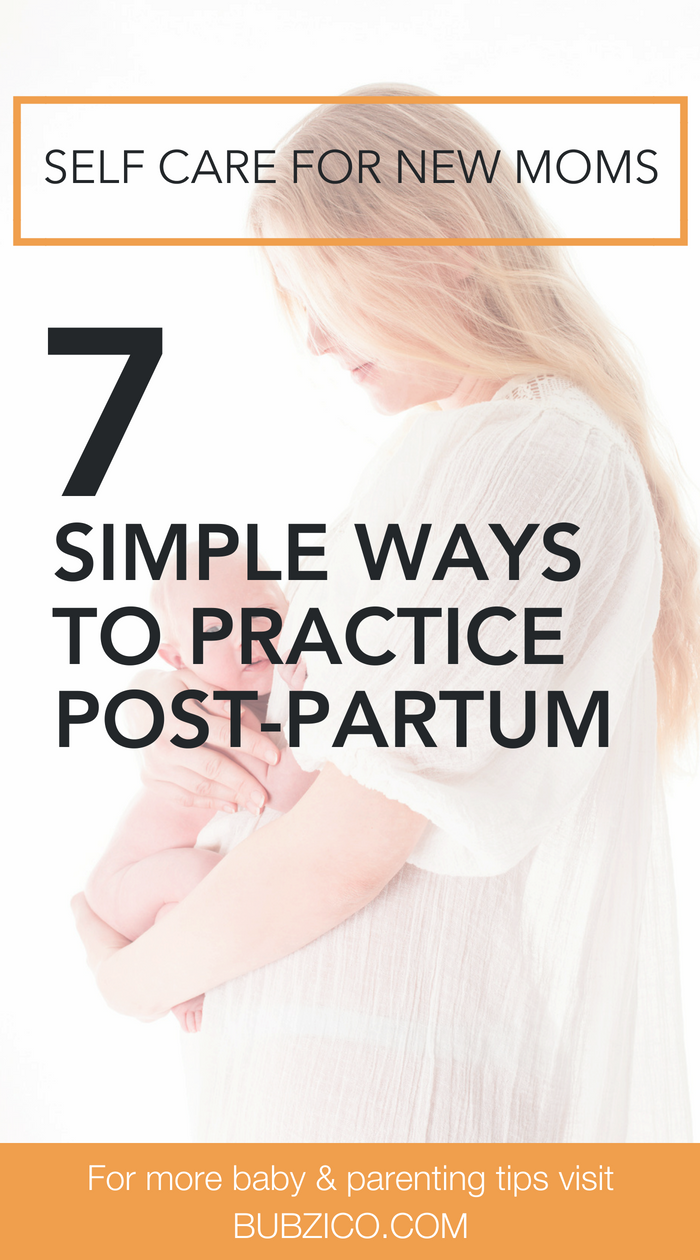
Photo credit: Bigstock




